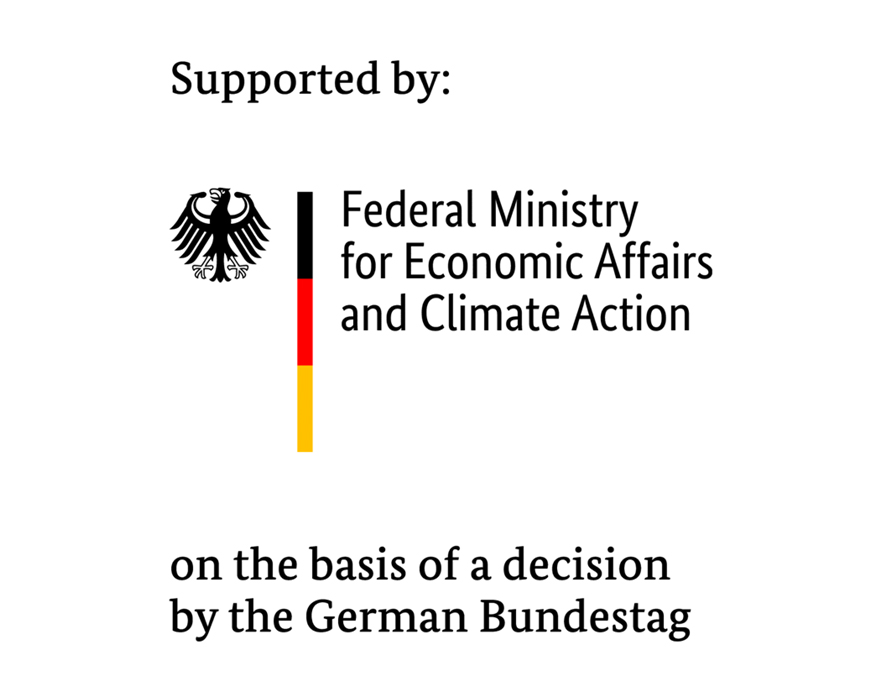| Funding: | Federal Ministry for Economic Affairs and Climate Action (BMWK) |
| Partners: | University of Bremen: Institute for Electrical Drives, Power Electronics, and Devices (IALB), WRD Wobben Research & Development GmbH, Breuer Motoren GmbH & Co. KG, wpd windmanager GmbH & Co. KG |
| Duration: | 10/2017 – 06/2022 |
The power electronics in wind turbines are subjected to extremely high loads both by the wind and from the grid. This stress is exacerbated by environmental influences such as large temperature fluctuations, high humidity, and condensation as well as the interactions between the various systems. The loads placed on the power electronics in the individual turbines can even fluctuate greatly within one wind farm. The combination of environmental and electrical operating loads is decisive for the system’s service life. With offshore wind turbines in particular, the restricted accessibility and major yield losses during turbine downtimes mean maximum reliability is required.
In the “HiPE-WiND” project, the complete converter systems in 10 MW wind turbines are to be exposed to precisely definable loads in a climatic chamber with the goal of extending their service life and preventing failures. The project partners are researching how the environmental conditions are transferred to the converter inside the turbine and how they affect the components and parts there. In addition, they are also looking into the impact on the system’s service life. The accelerated aging of converter components in the test laboratory indicates weaknesses in the system hardware which are subsequently analyzed. Within the scope of the project, the test system required to this end for testing technical solutions with all the necessary load functions – which can be adapted in terms of performance and operating voltage – is being developed and put into operation.
Fraunhofer IWES will firstly be charged with the task of analyzing field data, developing possible test scenarios, and defining the requirements for a converter test bench. Over the further course of the project, IWES will apply its experience in the operation of large test benches. The central elements here are operational management, the safety concept of the new testing facility, the organization of data management, and the system-wide use of measurement technology. Corresponding interfaces are defined and realized to perform hardware-in-the-loop tests on converter systems. Following successful implementation of the test facilities, the focus will be on the transfer of knowledge to the industry.
